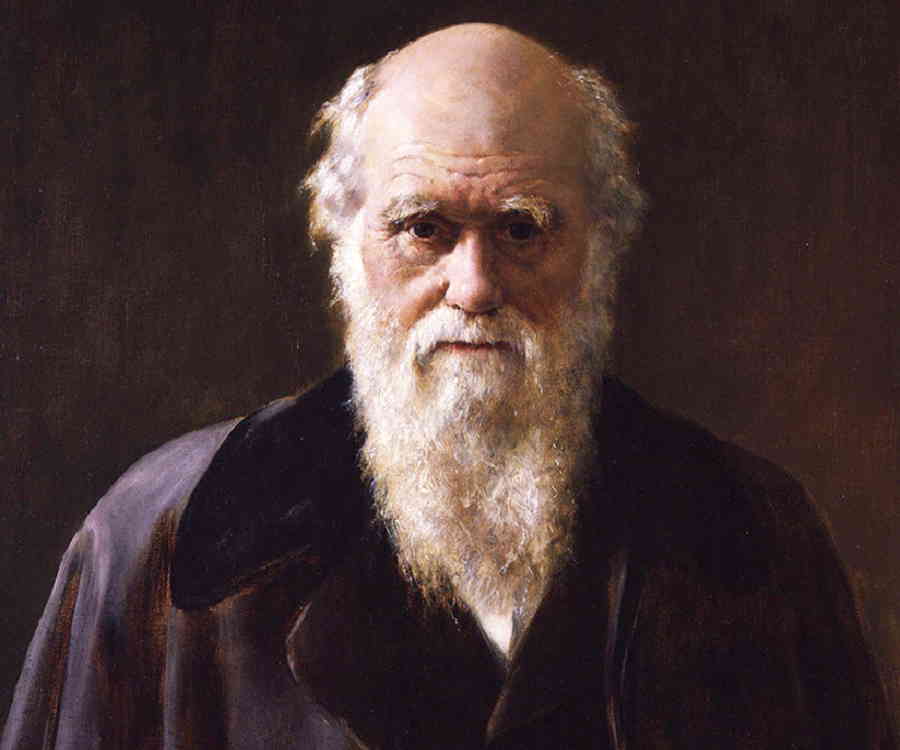The reverberations of Charles Darwin’s evolutionary theory have echoed through the corridors of intellectual history, provoking much thought, discourse, and debate. As a pivotal figure in the realm of natural science, Darwin’s articulation of evolution catalyzed a profound shift in how humanity conceives the natural world. Yet, nestled within the interstices of his scientific contributions lies a tantalizing intersection with the Bahá’í teachings, which offer a remarkable lens through which to explore the dialogue between science and spirituality, nature and divinity.
To understand the unique appeal of the Bahá’í framework in the context of Darwinian thought, one might consider a metaphorical tapestry woven from threads of evolution and revelation. The Bahá’í Faith posits that the same divine forces that orchestrate the natural world also guide humanity towards a greater understanding of civilized existence—a converging path that reflects the intricate variegations of life itself.
At the heart of this amalgamation lies the Bahá’í understanding of the “Manifestation of God.” The Manifestation is considered a divine channel through which humanity receives guidance, much like how Darwin elucidated natural selection as the mechanism driving biological adaptation. Just as species evolve over time through the pressures of their environment, Bahá’í teachings suggest that humanity, too, undergoes a spiritual evolution—urged onward by the revelations imparted by such Manifestations as Bahá’u’lláh, who condensed centuries of spiritual education into a coherent vision for the future.
In Bahá’í thought, the concept of divinity is inherently progressive. This is reminiscent of Darwin’s notion of gradual evolution—each stage building upon the last. The Bahá’í perspective posits that humanity is not static; instead, it is engaged in a continuous process of spiritual and social evolution. This mirrors the evolutionary paradigm that Darwin espoused where life adapts, innovates, and progresses as a response to the environment. The interplay between these spiritual and biological narratives evokes a profound question: What if the discovery of divinity mirrors the discovery of evolution?
In the Bahá’í context, the ‘discovery of divinity’ can be likened to an awakening—a recognition of the divine principles that govern not only individual lives but collective societal evolution as well. Revelatory teachings guide followers to comprehend that just as organisms adapt to their changing habitats, humanity is beckoned to rise to the challenges of an increasingly interconnected world. This parallel evokes an image of a vibrant ecosystem, where the flourishing of one aspect enhances the whole, reflecting the interconnectedness of all divine and natural laws.
The Bahá’í writings elucidate that unity and peace are paramount; parallels can be drawn between the social harmony envisioned in Bahá’í thought and the natural harmony evident in ecosystems. In the same manner that diverse species coexist in a delicate balance, fostering an environment ripe for coexistence and symbiosis, the principles of unity embraced by the Bahá’í Faith beckon humanity toward collective evolution—emphasizing that diversity enhances strength, not diminishes it.
Darwin’s exploration of the “survival of the fittest” often conjures misconceptions associated with competition and exclusivity. However, through a Bahá’í lens, one can discern a subtler interpretation—akin to mutual aid within ecosystems. Cooperative relationships among species yield ecological resilience, just as solidarity among humans cultivates a robust societal framework. The Bahá’í perspective on unity transcends mere tolerance, advocating for an embrace of diversity as an integral part of the human condition, thus prompting a transformative understanding of what it means to thrive together.
Moreover, Darwin’s hypotheses challenged the anthropocentric viewpoints pervasive in earlier times, as he illuminated the continuity of life and the shared ancestry of all living beings. The Bahá’í Faith echoes this sentiment through its emphasis on the interconnectedness of all religions and peoples—each revealing essential truths, albeit through diverse lenses. This notion prompts practitioners to internalize and nurture a sense of kinship with all of humanity—a spiritual evolution towards recognizing the oneness of creation, mirrored in both the scientific exploration of life’s origins and the divine revelations disseminated through the ages.
As followers of Bahá’í teachings contemplate the implications of Darwin’s work, they come to an intersection wherein empathy becomes a vital evolutionary trait. The cultivation of compassion is not merely an ethical adjunct but an evolutionary imperative—an adaptive response to the complexities of modern existence. In recognizing shared struggles and collaborative potential, practitioners realize that embracing our collective narrative propels society forward, fostering a world where understanding supersedes conflict.
The narrative culminates in the exploration of a grand synthesis of knowledge, where the realms of science and spirituality are not oppositional forces but rather complementary avenues toward understanding existence. The Bahá’í teachings propose that the quest for divine truths is a necessary armament on humanity’s journey towards maturity. Just as Darwin’s inquiry into nature illuminated profound truths about life’s design, so too do the Bahá’í principles shed light on the spiritual dimensions of our existence.
Ultimately, Darwin’s legacy and the Bahá’í teachings intertwine within a narrative that locates divinity amidst the vicissitudes of life itself. The intricate dance of evolution—whether biological or spiritual—induces an awakening to the divine, inviting humanity to acknowledge its own potential for collective ascent. The invitation transcends mere academic curiosity, urging each individual to participate in the ongoing saga of discovery, transformation, and, ultimately, unity with the divine tapestry of existence.
